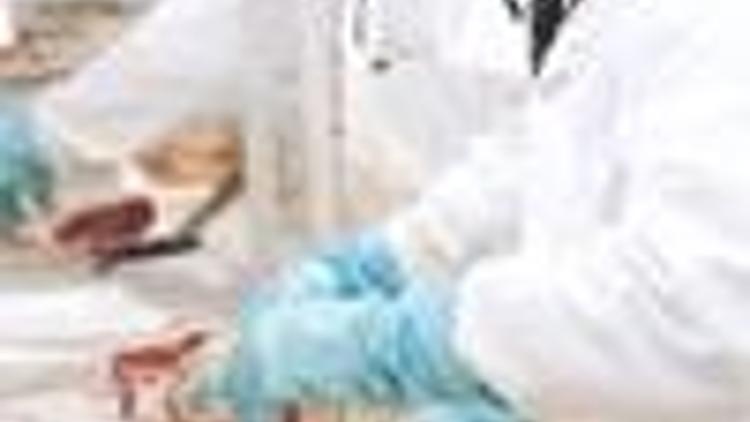Experience helps maintain exports
Güncelleme Tarihi:

ISTANBUL - Some Turkish exporters are unfazed by the contraction in global markets and the reason is their efforts to tap into new markets during the previous economic crisis, known as the ’2001 economic crisis.’ Products such as cut flowers, meat, milk, salt, sulfur and cement broke export records in the past eight years and are resisting the current downturn
As the global crisis slows down global trade and hits exports worldwide, Turkey’s exporters also face tough times; however, certain products defy the crisis due to strategies developed particularly following the 2001 economic crisis.
Cut flowers, meat and offal, milk products, eggs and honey, edible plants and roots, salt, sulfur, cement and railway vehicles and components have been increasing their exports constantly since 2001 and loom large as "crisis-resistant" products.
"As the domestic market contracted in 2001, we found the cure in exports," said Mustafa Satıcı, chairman of the Antalya Fresh Fruit and Vegetables Exporters Union. "We have attained a sustainable rise in exports. Despite deficiencies in food security, deterioration in exchange rate and low competitive power, the rise has continued."
In order to attain success, exporters of these products developed new strategies, especially targeting new markets, such as China and Uruguay. Among the crisis-resistant products, meat and offal are not allowed in the European Union. However, they can find buyers in the former Eastern Bloc countries, Turkic Republics and the Far East. The sector, whose exports totaled only $807,000 in March 2001, increased the figure to more than $12 million in March this year.
The star of cut flower exports has been rising since 2000. The sector grabbed record profit margins in 2002 and 2003. Russia and Ukraine loom large as the sector’s largest markets. Gillyflower is the most popular product of Turkey, being the top export item. The southern city of Antalya looms large as an export base. Exporters also prefer collaborations to reduce costs and better assess their inventories.
The sector’s exports, which totaled just over $1.8 million in March 2001, climbed to more than $4.2 million this March. Tthe sector now eyes the Japanese market. Meanwhile, eggs from Turkey have become popular in Iraq and Syria. Egg exports increased at a record level of 212 percent to more than $10.5 million in March, compared to last year. If the trend is maintained, the sector may close the year with an export figure of $250 million. Syria and Iraq, Azerbaijan, the United Arab Emirates, Saudi Arabia, Georgia, Uzbekistan, Israel and Angola loom large among export destinations.
Besides eggs, milk products and honey are also among "crisis-resistant" sectors. Middle East and Turkic Republics are popular markets for milk. The export of milk products, eggs and honey, which totaled only $3.1 million in March 2001, has now reached $22.7 million.
Exports of edible plants and roots rose from $26.6 million to $92.4 million since 2001. Tomato is the most popular crop among such exports. Despite the problems, the top market remains as Russia, followed by Bulgaria, Romania, Baltic countries, Iran and Iraq.
Salt, suphur and cement constitute another group that defies the crisis. Israel is a significant market in salt while other importers include Italy, Uruguay and Azerbaijan. Printing and publication products have doubled exports in eight years. Turkic Republics and Gulf countries are among the top destinations.

